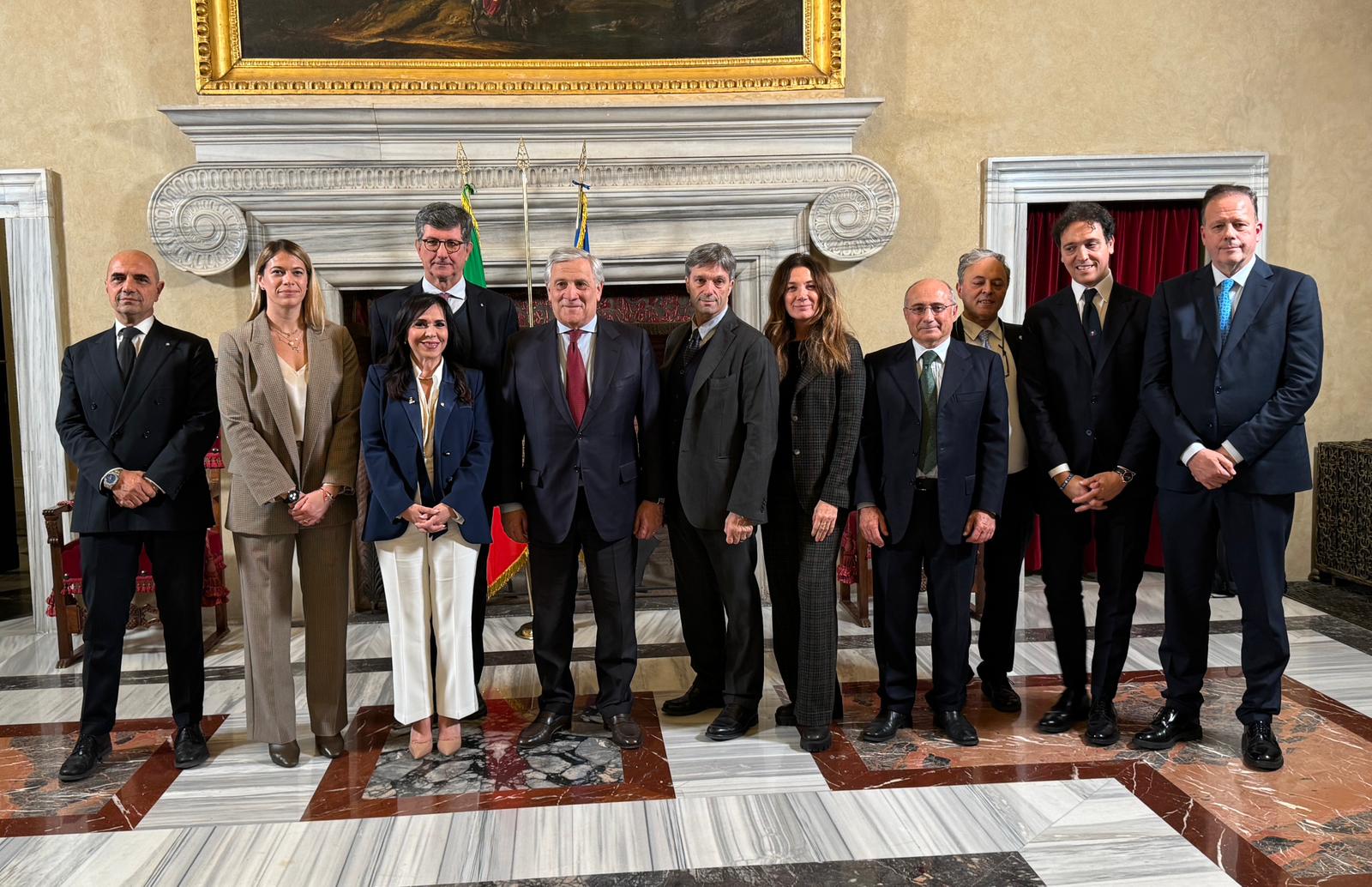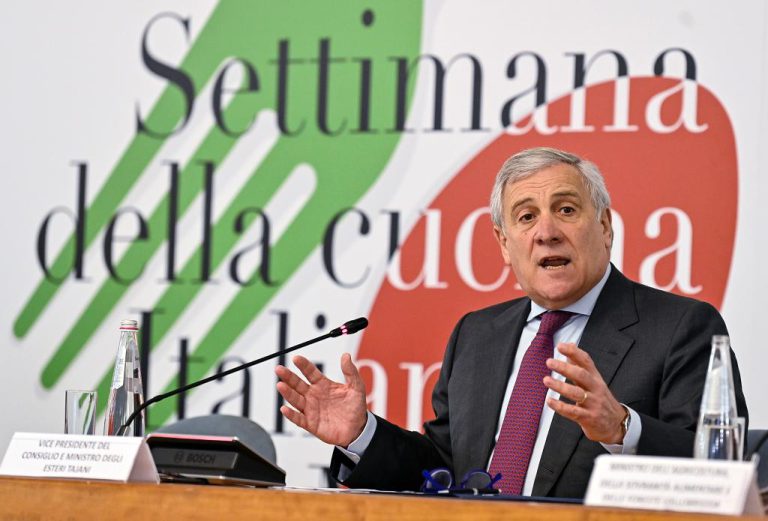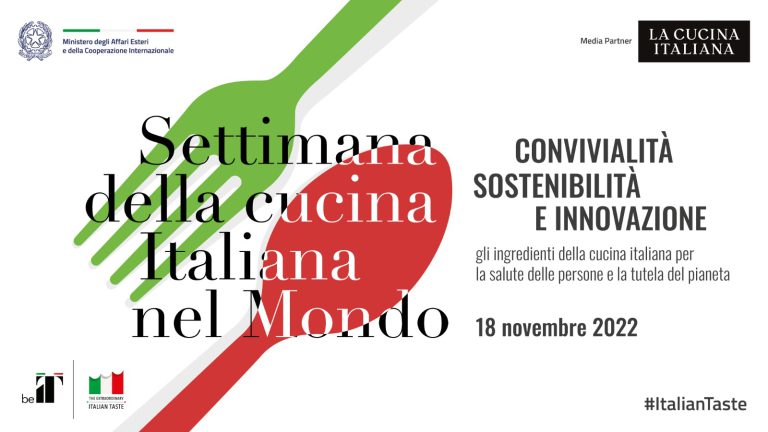At Villa Madama, the Minister of Foreign Affairs and International Cooperation, Antonio Tajani, presents the tenth edition of the Week of Italian Cuisine in the World, which this year is dedicated to exploring the links between cuisine, health, culture, and innovation.
This edition, under the theme “Italian cuisine: health, culture, and innovation”, pursues three main objectives: supporting the candidature of Italian cuisine as Intangible Cultural Heritage of UNESCO, promoting Italian cuisine as a healthy, balanced, and sustainable dietary model and highlighting the innovation and research that characterise the entire food cycle, from field to table, including recycling and waste management.
“With over 11,000 initiatives in more than 100 countries organised by our foreign network over the years, Week of Italian Cuisine has proven to be a highly effective tool for promoting our soft power worldwide. It is also a key element of the diplomacy of growth, a strategy I have pursued since the beginning of my term to support Italian companies globally, starting with the vital agri-food sector,” Minister Tajani said. “We work to promote Italian excellence across all areas: whether protecting our numerous Geographical Indications, exempting wines and cheeses from tariffs, combating Italian sounding, or advocating the revision of temporary measures that unfairly affect Italian pasta, the Italian Foreign Ministry is at the side of our businesses in every sector,” added the Minister.
Exports in the sector have been rising steadily for three years, closing 2024 at a record EUR 67.5 billion, up 8.3% compared to 2023, representing almost 11% of Italy’s total exports.
The Week of Italian Cuisine also aims to emphasise food as a means of cooperation, solidarity, and dialogue between peoples, as well as its contribution to food security and peace. In this context, the “Food for Gaza” initiative provides aid to the Palestinian civilian population, while the “Italy for Sudan” initiative will soon deliver humanitarian assistance to the African country.
“Food and cuisine also serve as instruments of peace and economic solidarity, enabling our country and enterprises to provide tangible support to nations most exposed to food crises and to improve living conditions in local communities,” concluded Minister Tajani.



